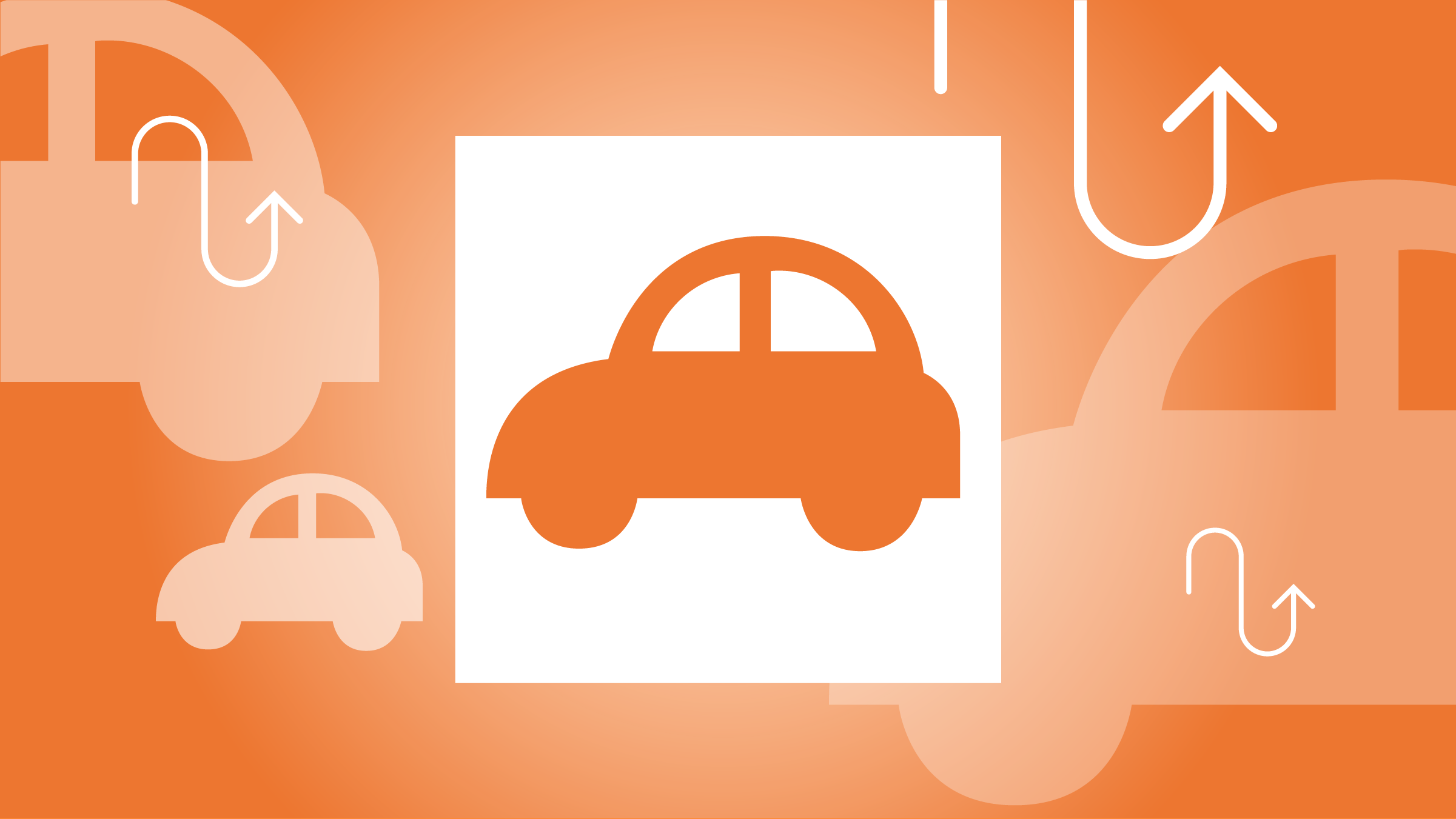After Earnings, Is Nio Stock a Buy, a Sell, or Fairly Valued?
With weaker revenues and vehicle margins, here Morningstar’s outlook for Nio’s stock.

Nio NIO released its first-quarter earnings report on June 5. Here’s Morningstar’s take on Nio’s earnings and stock.
Key Morningstar Metrics for Nio
- Fair Value Estimate: $9.10
- Morningstar Rating: 4 stars
- Morningstar Economic Moat Rating: None
- Morningstar Uncertainty Rating: Very High
What We Thought of Nio’s Q1 Earnings
- Nio’s first-quarter revenue decline was mainly attributable to the drop in vehicle deliveries and average selling price due to retail promotions during the quarter. With increased selling expenses related to sales network expansion, net loss expanded by 9% from a year ago.
- Vehicle margin was weaker than expected. However, management has guided for the margin to improve to double digits in the second quarter and further expand in the second half.
- We believe shares are undervalued. While vehicle margin will likely remain under pressure in the near term, given price competition, we expect the margin to record sequential recovery starting in the second half as economies of scale kick in.
Nio Stock Price
Fair Value Estimate for Nio
With its 4-star rating, we believe Nio’s stock is undervalued compared with our long-term fair value estimate of $9.10 per share, based on our expectation for Nio to continue gaining market share from legacy automakers. Riding on the industry’s electrification trend and increasing consumer adoption for neighborhood electric vehicles, we anticipate rising demand for the company’s NEV models and improving profitability on economies of scale over the next few years. Our fair value estimate implies a forward 2024 price/sales ratio of 1.7 times.
Read more about Nio’s fair value estimate.
Nio Stock vs. Morningstar Fair Value Estimate
Economic Moat Rating
While we applaud Nio’s success in establishing a premium brand in China, it is too early to determine whether brand loyalty will be maintained over at least 10 years. As such, we think Nio has no moat. Nio adopted a sophisticated branding strategy by competing in the ABB FIA Formula E Championship electric racing series. Following the successful sponsorship, Nio launched the electric supercar EP9 in 2016, furthering the brand’s premium positioning. The EP9 delivered unprecedented performance and broke the world record for the fastest electric car at the “Green Hell” track in Germany in 2017.
However, as the industry becomes increasingly competitive, whether Nio will retain its premium branding over the long run remains uncertain. We expect significant competition from established global premium original equipment manufacturers, which have strong brands. Legacy ICE manufacturing is highly competitive and capital-intensive. We expect the same in the NEV market over time. In addition, Nio is still burning cash—we expect it is likely to do so for at least a couple more years—and the risk of the need for additional capital is high, in our view.
Read more about Nio’s economic moat.
Financial Strength
We believe Nio is in good financial health. The company employs a reasonable capital structure, with a debt/capital ratio of 0.4 times as of the end of 2023. The firm held CNY 32.9 billion in cash and cash equivalents and CNY 16.8 billion in short-term investments against short-term loans of CNY 9.8 billion and long-term debt of CNY 13.0 billion at the end of 2023. The firm should have no problem fulfilling its debt obligations and refinancing debts. While automobile manufacturing is capital-intensive, we think Nio’s cash position and improving operating cash flows allow it to expand manufacturing facilities during economic downturns by relying on some external financing.
Read more about Nio’s financial strength.
Risk and Uncertainty
Nio has a Very High Uncertainty Rating, operating in the cyclical, capital-intense, highly competitive auto manufacturing industry. These factors can drive huge swings in return on invested capital, even for pure-play NEV automakers. Heavy fixed costs induce fluctuating profitability from relatively small changes in demand, or lost production due to supply shocks.
Nio’s key threats include escalating competition in China’s NEV market. Motivated by robust demand growth for electric vehicles, major automakers have accelerated their NEV product development. Legacy automakers (whether Chinese or global) continue to bring new electric models to the market and compete on prices. We believe it will become more challenging for Nio to increase its market share if it fails to differentiate its premium image and products from its peers.
Read more about Nio’s risk and uncertainty.
NIO Bulls Say
- Nio has successfully built its premium brand image, which will differentiate it from its mass-market competitors and generate extra pricing power for its electric cars.
- Advancing battery technology and charging solutions will ease range anxiety on electric cars. Chinese consumers’ soaring demand for EV cars will benefit NEV carmakers such as Nio.
- Younger-generation car buyers value vehicle tech experience, giving Nio leadership compared with legacy carmakers.
NIO Bears Say
- Escalating battery costs in 2022-23 have put Nio’s vehicle margin under pressure. This also derailed the industry projection of cost parity of NEVs with ICEs, affecting NEV adoption in the long run.
- Rising competition in the NEV market indicates legacy OEMs will defend their market share with aggressive new model launches.
- Nio’s plan to launch a new mass-market brand will impair its premium image and dilute the company’s focus on the premium NEV segment.
This article was compiled by Leona Murray.
The author or authors do not own shares in any securities mentioned in this article. Find out about Morningstar’s editorial policies.


/cloudfront-us-east-1.images.arcpublishing.com/morningstar/UUSODIGU4REULCOR35PTDS7HW4.jpg)
/cloudfront-us-east-1.images.arcpublishing.com/morningstar/5FJIYHKNZRBM3LAKQL2QEUMDTA.png)
/cloudfront-us-east-1.images.arcpublishing.com/morningstar/5WSHPTEQ6BADZPVPXVVDYIKL5M.png)